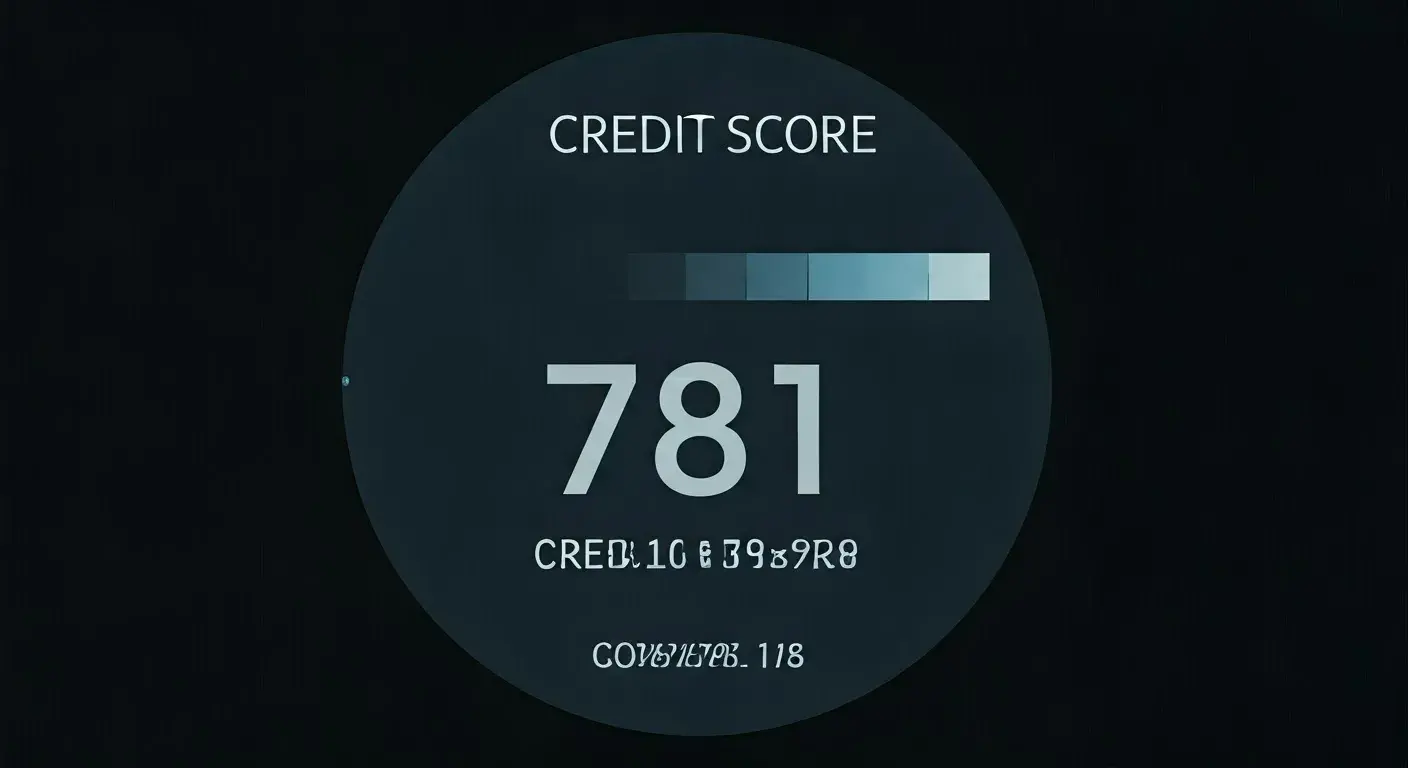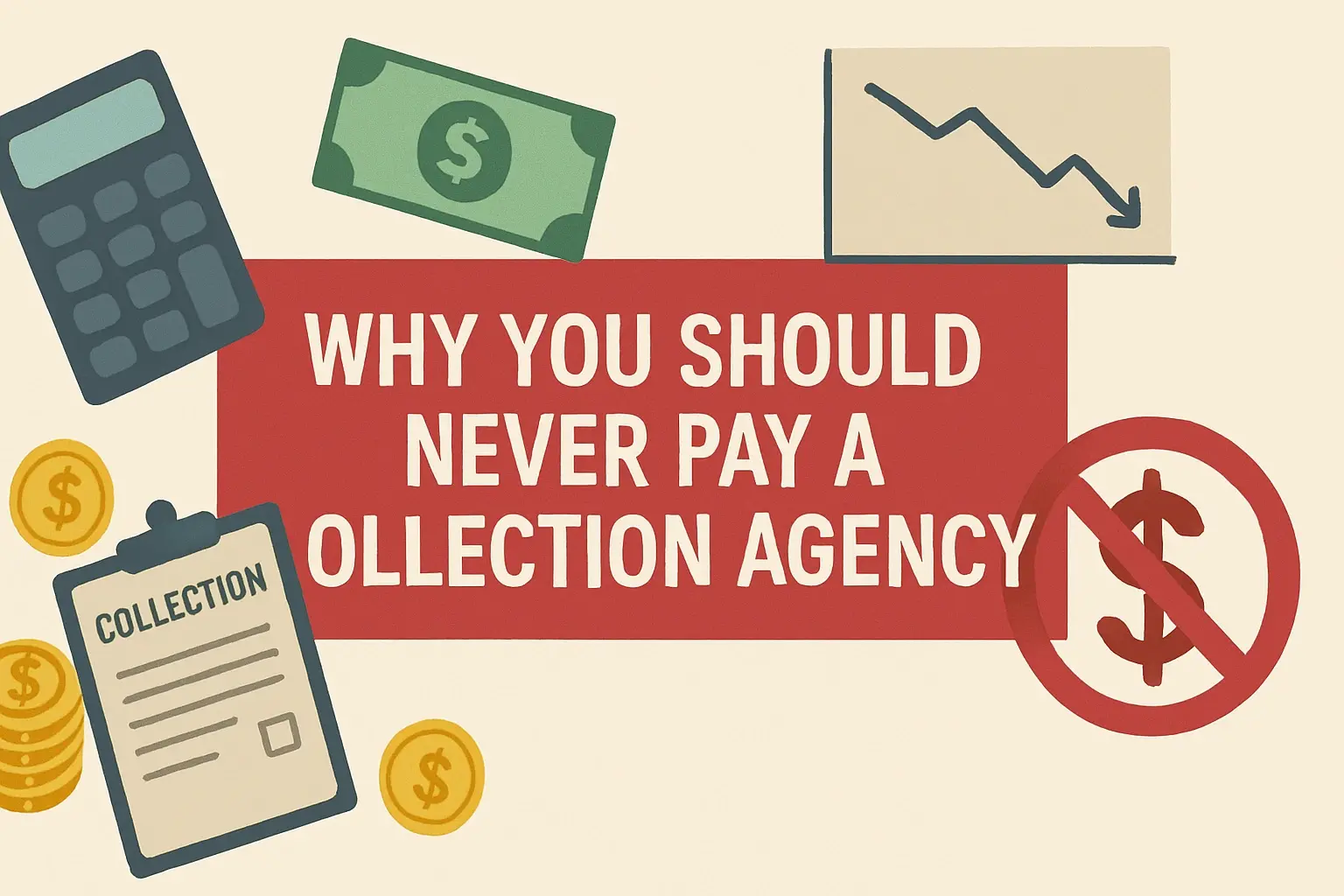-
Posted on: 08 Feb 2025

-
Your credit score is a crucial three-digit number that significantly impacts your financial life. It's a key factor lenders use to determine your creditworthiness, influencing everything from interest rates on loans to approval for apartments and even job opportunities. A score of 781 falls within a specific range that holds considerable advantages. Let's delve into what a 781 credit score means, its implications, and how you can leverage it to your benefit.
Understanding the Credit Score Landscape
Before we specifically examine a 781 score, it's essential to understand the overall context of credit scores. The most widely used credit scoring models are FICO and VantageScore. Both range from 300 to 850, with higher scores indicating better creditworthiness. Here's a general breakdown of credit score ranges:
- 300-579: Poor
- 580-669: Fair
- 670-739: Good
- 740-799: Very Good
- 800-850: Excellent
It's important to note that the specific ranges may vary slightly depending on the credit scoring model used (FICO or VantageScore) and the specific industry (e.g., auto lending, mortgage lending). Always check the specific criteria used by the lender you are working with.
A 781 Credit Score: Very Good to Near-Excellent
A credit score of 781 falls squarely in the "Very Good" range, bordering on "Excellent." This places you in a favorable position compared to many consumers. It signifies responsible credit management and a strong track record of paying bills on time.
What a 781 Credit Score Signals to Lenders:
- Low Risk Borrower: Lenders perceive you as a low-risk borrower, meaning you're likely to repay your debts as agreed.
- Responsible Financial Habits: Your credit history demonstrates a consistent pattern of responsible financial behavior.
- Ability to Manage Credit: You've proven that you can handle credit responsibly.
The Benefits of a 781 Credit Score
Having a 781 credit score unlocks numerous financial advantages. These benefits can save you significant money over time and provide access to better financial opportunities.
1. Lower Interest Rates
This is arguably the most significant benefit. Lenders offer the most favorable interest rates to borrowers with the highest credit scores. A 781 score will qualify you for significantly lower interest rates on loans, credit cards, and mortgages compared to individuals with lower scores. Even a small difference in interest rates can translate to thousands of dollars in savings over the life of a loan.
Example: Consider a $200,000 mortgage. Someone with a credit score in the "Poor" range might pay an interest rate of 7%, while someone with a 781 credit score might qualify for a rate of 5.5%. Over 30 years, this difference could amount to tens of thousands of dollars in interest savings.
2. Higher Approval Odds
With a 781 credit score, you're more likely to be approved for loans, credit cards, and other lines of credit. Lenders are more confident in your ability to repay your debts, making them more willing to extend credit to you.
3. Better Credit Card Offers
A good to very good credit score opens the door to a wider range of credit card offers, including those with attractive rewards programs, travel benefits, and 0% introductory APRs. You'll have more options to choose from and can select a card that best aligns with your spending habits and financial goals.
4. Higher Credit Limits
When you apply for credit cards or lines of credit with a 781 credit score, you're more likely to be approved for higher credit limits. This provides greater financial flexibility and purchasing power. However, remember to use credit responsibly and avoid overspending, even with a higher limit.
5. Easier Approval for Rentals
Landlords often check credit scores as part of their tenant screening process. A 781 credit score demonstrates financial responsibility and makes you a more attractive candidate for rental properties. You'll have a better chance of securing your desired apartment or house.
6. Lower Insurance Premiums
In some states, insurance companies use credit scores to assess risk and determine insurance premiums. A good credit score can result in lower premiums for auto insurance and homeowners insurance.
7. More Favorable Loan Terms
Beyond interest rates, a 781 credit score can also lead to more favorable loan terms, such as longer repayment periods or more flexible payment options. This can make it easier to manage your debt and avoid financial strain.
8. Potential for Refinancing
If you have existing loans or mortgages with less favorable interest rates, a 781 credit score can make it easier to refinance and secure a lower rate, saving you money over the long term.
Maintaining or Improving Your 781 Credit Score
While a 781 credit score is excellent, maintaining it or even improving it further is crucial for continued financial success. Here are some tips to keep your credit score healthy:
1. Pay Bills On Time, Every Time
Payment history is the most significant factor in your credit score. Set up automatic payments or reminders to ensure you never miss a due date. Even one late payment can negatively impact your score.
2. Keep Credit Utilization Low
Credit utilization is the amount of credit you're using compared to your total available credit. Aim to keep your credit utilization below 30% on each credit card. Ideally, keep it below 10% for optimal scoring.
3. Monitor Your Credit Report Regularly
Review your credit report from all three major credit bureaus (Equifax, Experian, and TransUnion) at least once a year. You can get a free copy of your credit report from each bureau annually at AnnualCreditReport.com. Look for any errors or inaccuracies and dispute them immediately.
4. Avoid Opening Too Many New Credit Accounts
Opening too many new credit accounts in a short period can lower your average account age and potentially impact your credit score negatively. Be selective about the credit accounts you apply for.
5. Don't Close Old Credit Accounts
Closing old credit accounts, especially those with a long credit history and high credit limits, can reduce your overall available credit and increase your credit utilization ratio, which can negatively affect your score. Unless there's a compelling reason to close an account (e.g., high annual fees), consider keeping it open and using it occasionally to maintain a positive credit history.
6. Consider Using a Secured Credit Card
If you have a limited credit history or are trying to rebuild your credit, a secured credit card can be a helpful tool. Secured credit cards require a security deposit, which typically serves as your credit limit. By using the card responsibly and making on-time payments, you can build a positive credit history.
7. Become an Authorized User on a Responsible Account
Becoming an authorized user on someone else's credit card account (with their permission) can help you build credit, especially if the primary cardholder has a long history of responsible credit use. The account's payment history will be reported to the credit bureaus under your name, helping to improve your credit score.
8. Diversify Your Credit Mix
Having a mix of different types of credit accounts, such as credit cards, installment loans (e.g., auto loan, mortgage), and lines of credit, can demonstrate your ability to manage different types of debt responsibly. However, don't take out loans just to diversify your credit mix; only borrow when you need to and can afford to repay the debt.
Aiming for the 800+ Score
While a 781 credit score is excellent, striving for a score of 800 or higher can unlock even more benefits. It signals exceptional creditworthiness and can provide access to the absolute best interest rates and loan terms. By consistently following the tips outlined above, you can gradually improve your credit score and reach the 800+ range.
The Importance of Regular Credit Monitoring
Even with a great score, regular monitoring is key. Identity theft and errors on your credit report can happen. Monitoring services (some are free) can alert you to changes in your credit report, helping you to identify and address any issues promptly. This proactive approach is essential for maintaining your credit health.










